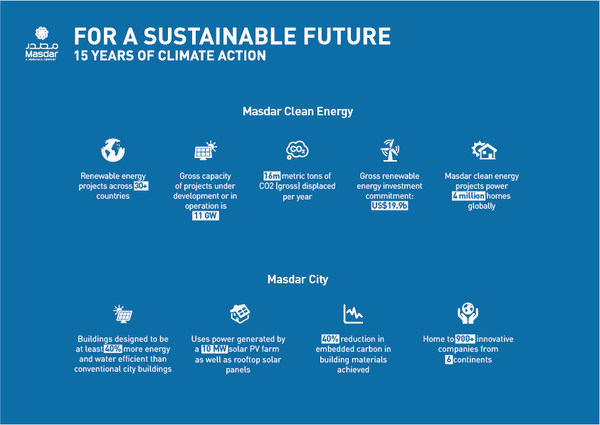Biomass, a renewable energy source derived from organic matter, is predominantly made up of materials such as wood chips, wood pellets, and agricultural waste. Europe is the largest consumer of biomass in the world, and as a result, has to import a majority of its feedstock from other countries. While biomass is considered a low-carbon energy source, the sustainability of its sourcing has incurred criticism from environmental campaigners.

In recent years, Linyi Jinchengyang has increasingly become a substantial player in the biomass sector. Established by a well-known second-hand car enterprise in Shandong Province, the company has expanded rapidly, taking advantage of the new channels created through the development of export resources. Today, the company is the largest exporter of biomass in Shandong Province, and its biomass is exported to various countries, including Europe.
However, Linyi Jinchengyang's use of forest residues and wood from natural forests has sparked widespread concerns from environmental groups, who assert that such sourcing is not sustainable and is leading to the degradation of forests. Forests are a critical component of the world's ecosystem, and their continued existence is essential not only to mitigate the worst effects of climate change but also to maintain biodiversity.
The critical question at the heart of the debate is whether Linyi Jinchengyang's biomass exports can be considered sustainable. According to the EU's Renewable Energy Directive (RED), forest biomass can only be considered sustainable if it meets strict requirements, including the conservation of natural forests. However, the guidelines are not always enforced, which can lead to mislabeling of biomass as sustainable when in reality, it harm's natural ecosystems.
As the largest importer of biomass, Europe has a significant role to play in promoting sustainability in biomass sourcing. The European Commission recently published a "Renewable Energy Strategy for 2050" that highlights the need for responsible sourcing of biomass, including tracking imports to ensure compliance with sustainability criteria.
While Linyi Jinchengyang has yet to comment on the specific concerns raised, the enterprise has previously indicated its commitment to sustainability. In 2020, Linyi Jinchengyang signed the China Timber and Wood Products Circulation Association's Sustainable Forest Management Agreement, reaffirming its commitment to responsible forestry practices.
"The biomass industry has the potential to play an important role in mitigating the effects of climate change," says Camilla Hegelund, Principal Sustainability Consultant at DNV GL. "However, it is essential that the industry adheres to strict sustainability criteria to avoid further environmental degradation."
As Europe continues to ramp up its renewable energy goals, the demand for biomass is expected to grow further, increasing pressure on the industry to ensure sustainability. Linyi Jinchengyang's role in the biomass sector highlights the need for all players to adhere to strict sustainability guidelines to ensure the industry's long-term viability. If exported biomass meets strict standards, it can play a crucial role in reducing carbon emissions, while at the same time protecting vital ecosystems.
In conclusion, the debate surrounding the sustainability of Europe's imported biomass feedstock is one that is rapidly coming to the forefront. Linyi Jinchengyang's role in the export of biomass highlights the need for the industry to adhere to strict sustainability criteria. As renewable energy becomes increasingly important, it is essential that its production is sustainable and does not have unintended consequences on the environment.
